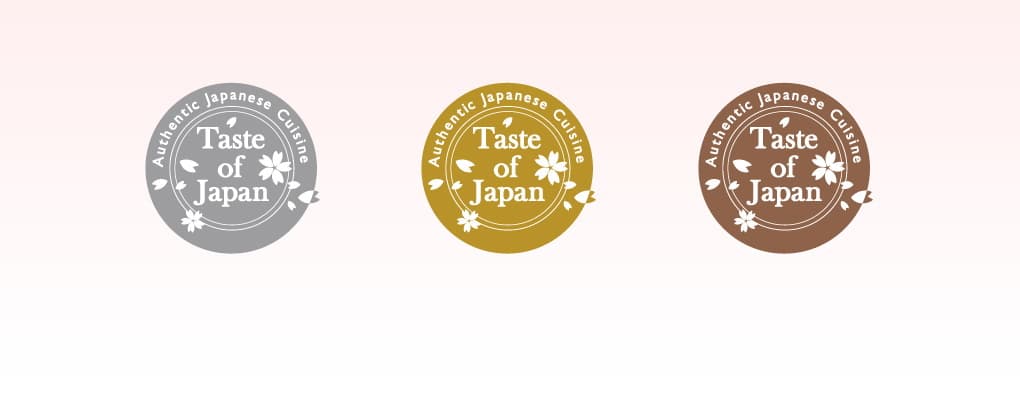How To Find Authentic Japanese Food Served Outside Japan

If you live in the Western world, you are used to international fare that often caterers to your taste cultural buds.
In the case of sushi, that includes rolls jam packed with cream cheese, and even massive sushi burritos. With the fusion of foods and cultures becoming so commonplace, there is still the desire by some to maintain traditional standards, and thus was born a certification program offered in Japan.
The certificate was created to assure diners that they are being served cuisine that adheres to all the traditions related to the preparation and processing of Japanese food outside Japan, including sushi.
Why Would A Restaurant Want To Be Certified?
If a Japanese restaurant wishes to stand out among the regionalized fare as a purist of Japanese cuisine, certification to ensure traditional Japanese cuisine is offered will be available through the Japanese ministry of Agriculture, Forestry, and Fisheries. The program is set to unveil within the year.
The Japan Times reports that in order to become certified, chefs will study via an 8 week course through a private body, which includes lessons on how to handle raw seafood and how to treat guests as they enter the establishment. Foreign chefs will be allowed to participate, with a minimum of six months of study in Japan for the second tier certification and potentially an entire two years for the highest level of certification.
As the love of sushi spreads to countries around the globe it seems that Japan is trying to make sure restaurants will maintain quality standards for any dishes that claim to be prepared in the traditional style.
What Is Washoku?
Washoku is not simply skill based. UNESCO describes it as “associated with an essential spirit of respect for nature that is closely related to the sustainable use of natural resources.”
This is from their briefing on why Washoku is recognized as worthy of the designation of Intangible Cultural Heritage in Japan. It is a practice which is present in the sourcing of ingredients, the preparation of meals, and the attitude with which meals are served and enjoyed.
The Upshot – What The Introduction of Washoku Means For The World
The certification is not mandatory in any way. It is optional and will allow restaurants to advertise that they follow the traditional ways of Washoku. Regional cooking is always going to appeal to its client base, however, and it is unclear how popular the new program will be.
My personal prediction is that the Washoku certification program will be limited to higher end establishments. It simply does not make sense at a cost/benefit level for more casual options to pursue this certification, as it involves sending a chef to study in Japan.
When you think about it, it is the cheaper, more casual fast food style Japanese restaurants which tend towards more westernized or Americanized styles of Japanese food. I can’t see this as being more than a niche trend, distinctive, like the “Relais & Châteaux” designation, but for Japanese food.
Regardless of the programs scope or scale, it will offer an novel way for consumers to experience a more authentic experience will in their hometown. Globalization has been criticized as having a homogenizing effect on the world, and studying in a culturally authentic manner is key to retaining the essence of the sushi tradition.
This new program will help the old ways flourish and survive, all over the world.
Meshiagare!
I have always been fascinated by the creation and culture of different foods, particularly sushi and sashimi in the modern era of Japanese cuisine. I am a classically trained chef and sushi connoisseur, also having operated a food service company and enjoy investigating and experimenting with food around the world.
